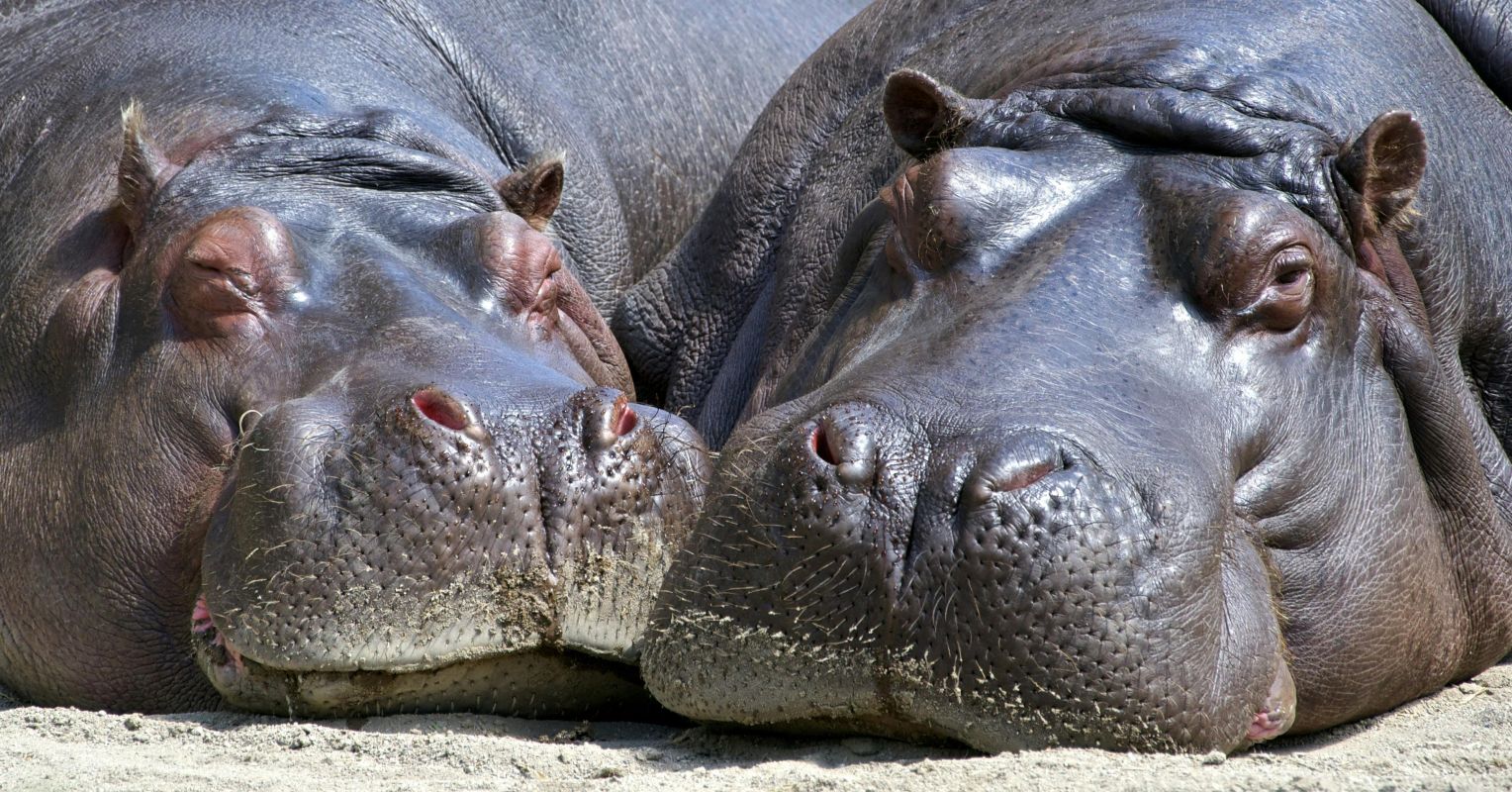
"The hippos of Colombia serve as a poignant example of the tension between traditional conservation methods that often disregard individual animal lives and a growing movement for compassionate conservation that values each being."
"The arrival of the hippos in Colombia, initially tied to Pablo Escobar's private zoo, illustrates the complexity of human impact on ecosystems and raises critical questions about the true meaning of 'invasive'."
"Colombia's hippos present not only challenges of biological xenophobia but also an opportunity to highlight the moral responsibility we bear towards all species that share our environment."
"Conservationists like Juliana Barberi and Juan Camilo Jaramillo emphasize the importance of recognizing the sentience of invasive species, arguing that their lives should matter in the larger conversation about coexistence."
Colombia's hippos present a unique case at the intersection of traditional conservation and compassionate conservation. While traditional conservation often neglects individual invasive animals, compassionate conservation seeks to prioritize their welfare. The hippos, brought to Colombia by Pablo Escobar, represent not only invasive species but also the opportunity to explore the consequences of human actions and the need for coexistence with all species. With insights from local conservationists, the debate highlights the necessity of reevaluating our perspectives on invasiveness and valuing the lives of all creatures.
Read at Psychology Today
Unable to calculate read time
Collection
[
|
...
]